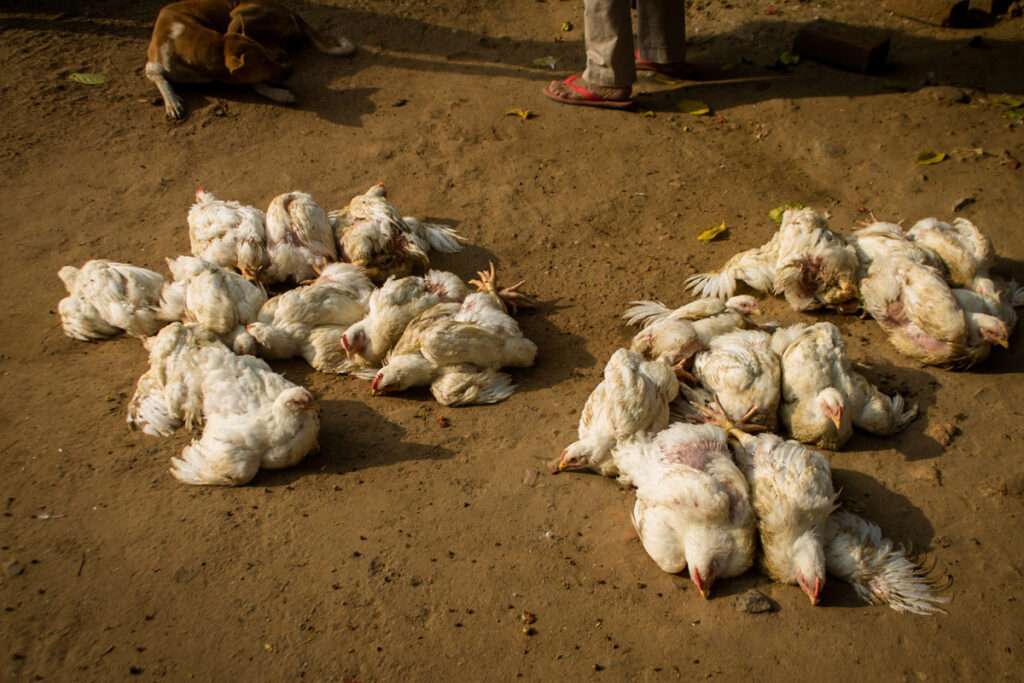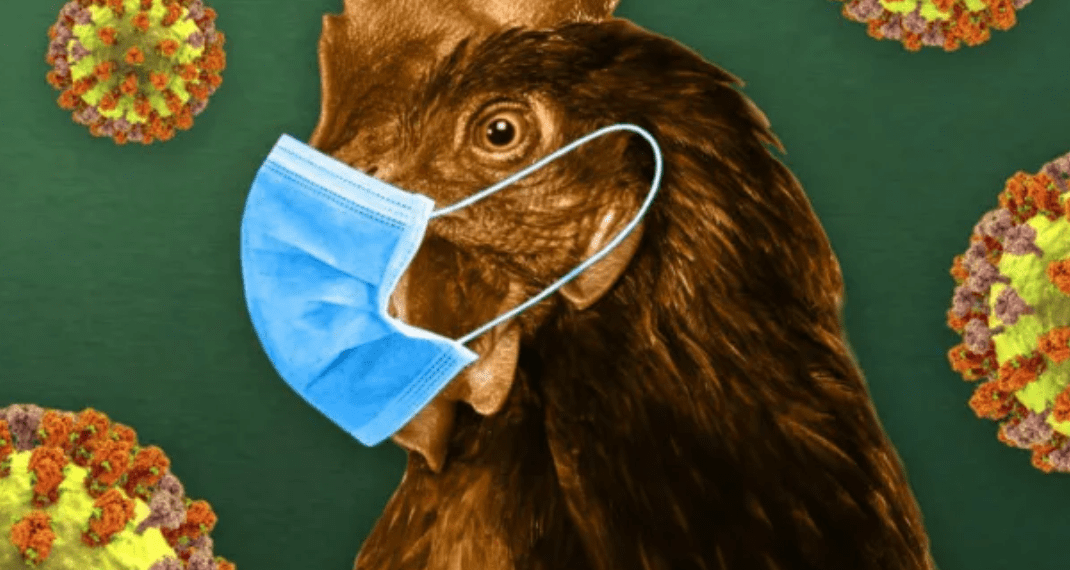In a decisive move, the Public Accounts Committee (PAC) of the Ghanaian Parliament has instructed the Ministry of Food and Agriculture (MOFA) to expedite the disbursement of GH¢1.8 million to farmers who suffered losses due to the avian influenza, commonly known as Bird Flu, during the period from 2015 to 2018.
The directive, issued by the Chairman of the Public Accounts Committee, James Klutse Avedzi, emphasized the urgency of compensating affected farmers within a one-month timeframe. Avedzi underscored that failure to comply with this timeline would result in the Ministry being summoned before the Parliament for questioning.
During the committee session, Avedzi highlighted that the Ministry should possess a comprehensive list of affected farms, along with certificates confirming the destruction of birds. He urged the Ministry to utilize the contact details already in their possession to swiftly collect the necessary bank details from affected farmers for the compensation transfer.
“I am sure you have a list of the farms that are affected and a certificate for destroying the birds as well. All that you need is to have the affected farmers’ bank details to do the transfer, and I am sure that you have the contact details of these farmers,” said Avedzi.
The urgency in disbursing the compensation stems from the revelation in the 2022 Auditor General’s Report, which highlighted that a substantial portion of the allocated funds for compensation, exceeding GH¢1.8 million, remains unused in the Ministry’s account. The Ministry of Agriculture has argued that the delay in distribution is attributed to affected farmers not providing the necessary details required for disbursement.
Commitment To Ensuring Prompt And Fair Compensation To Farmers
The directive by the PAC reflects a commitment to ensuring prompt and fair compensation to farmers who suffered losses due to the Bird Flu outbreak. It also signals the Parliament’s dedication to holding government agencies accountable for the effective utilization of allocated funds.
The one-month timeline serves as a clear signal of the seriousness with which the Parliament views the matter, and failure to comply may result in further scrutiny of the Ministry’s actions. As the clock ticks, the Ministry of Food and Agriculture faces the imperative task of expeditiously addressing the compensation claims and upholding accountability in the distribution of allocated funds.
The Avian influenza, commonly known as bird flu, is a highly contagious viral infection that primarily affects birds, both domestic and wild. While the virus strains vary in severity, some can have significant consequences for both the poultry industry and public health.
Avian influenza is caused by influenza A virus, with the H5N1 subtype being one of the most widely known. These viruses can infect various bird species, and certain strains have the potential to cross the species barrier, leading to infections in humans. The transmission of the virus typically occurs through direct contact with infected birds, their droppings, or contaminated surfaces.

The economic impact of avian influenza on the poultry industry is substantial. Outbreaks can result in the culling of infected and at-risk birds to prevent the spread of the virus. This not only leads to financial losses for poultry farmers but also disrupts the supply chain and can affect food security.
While most cases of avian influenza in humans are rare, they can be severe, with a higher risk of mortality compared to seasonal influenza. Human infections often occur after close contact with infected birds or their environments. Continuous monitoring and swift response are crucial to preventing potential pandemics.
International organizations, including the World Health Organization (WHO) and the World Organisation for Animal Health (OIE), collaborate to monitor and respond to avian influenza outbreaks globally. Countries affected by outbreaks often work together to share information and coordinate containment efforts.
Recent cases of avian influenza, including the H5N8 subtype, have been reported in various parts of the world. These outbreaks highlight the continuous challenges in preventing the spread of the virus, necessitating a coordinated and vigilant global response.
READ ALSO: Mahama Unveils Ambitious Plan to Revitalize Ghana’s Football System





















